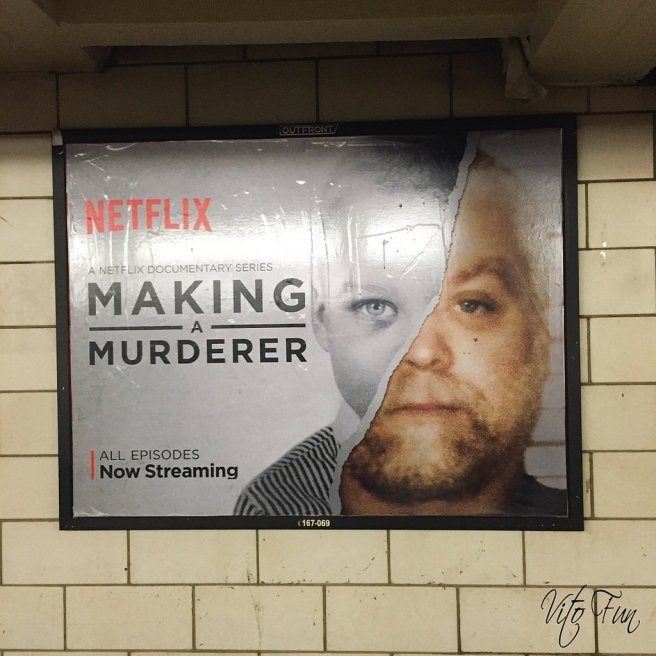The Open University’s free course on Forensic Psychology
Since October 2015 I have been an active learner on an excellent site called Future Learn. The site offers regular self-paced courses or ‘MOOCs’ for free with the option to purchase certificates at a reasonable price.
Many top universities from across the globe provide courses on Future Learn. One of them being renowned distance learning facilitator, Open University.
I’m fortunate to have had access to a variety of stimulating subjects from fiction writing to anthropological social media studies and more.
I find that unique and thought provoking subjects always peak my interest. So, this week I embarked on a short study of Forensic Psychology with the Open University.
Maybe it’s the effect of watching programmes like Netflix series ‘Making A Murderer’ that intrigued me to learn about forensic psychology. I’m on the first week of the course and I have a great deal to learn on the subject but what I’ve learned already is eye opening.

Relying on eyewitness accounts
I always assumed that forensics I.e. DNA testing, fingerprint scanning etc. are rock solid techniques, totally infallible. I was naïve and I was wrong.
In actual fact, far more weight is placed on eyewitness and verbal accounts than forensic science when it comes to solving crime here in the U.K. This is equally applicable in the U.S too.
I was surprised to discover that a lot of people are wrongfully convicted and the reason why? There are a number of factors like mistaken identity for example. Our short-term memory isn’t great at recalling unfamiliar faces. It can take up to 4-6 weeks for the police to organise suspects for an ID parade. Even the way questions are asked to witnesses could lead them to pick out innocent people.
With all this new information I couldn’t help thinking of the video footage of the police interrogating a then 17-year old Brendan Dassey. Watch it here then decide for yourself whether the police used lead questions to coerce a confession. What we do know is Brendan has now been exonerated after a lengthy incarceration.
Miscarriages of Justice
As part of week one of this 8-week course, I was tested on the causes of miscarriages of justice. I had to drag 8 different factors in order from the highest to lowest common cause. Those factors included police misconduct, forensic blood analysis, and eyewitness misidentification. The data for this exercise was based on findings from Scheck, Neufeld and Dwyer (2000. What they reveal which I got hopelessly wrong in the test is eyewitness misidentification came top of the list. In second and third place were forensic blood analysis and police misconduct.
The Innocence Project
The names mentioned above are not unrelated to this topic. In fact, two of them, Barry Scheck and Peter Neufeld founded The Innocence Project back in 1992. The Open University describes them as
“a US organisation dedicated to exonerating wrongfully convicted individuals through DNA testing”.
Most will know about The Innocence Project, especially if they’ve seen ‘Making a Murderer’ where we learn they (The Innocence Project) once successfully exonerated Steven Avery. We also know from the podcast sensation ‘Serial’ they are currently working on the case of Adnan Syed.

Whatever your stance may be on their work, The Innocence Project shed much-needed light on major crime-solving issues. The fact is many of the techniques we take to be bulletproof are prone to error and inaccuracy. It becomes clear that crime solving is far more complicated than is portrayed on flashy TV dramas. What concerns me most of all is the margin of error when it comes to convicting innocent people. It pains me to think of the grief and anxiety wrongly convicted suspects and their families go through. How many have their lives taken away and in worst case scenarios are sentenced to death for crimes they never did?
Join the Forensic Psychology course
The Open University course on Forensic Psychology is free to join on Future Learn. Why not gain some insight into a very misunderstood subject and increase your knowledge at the same time?